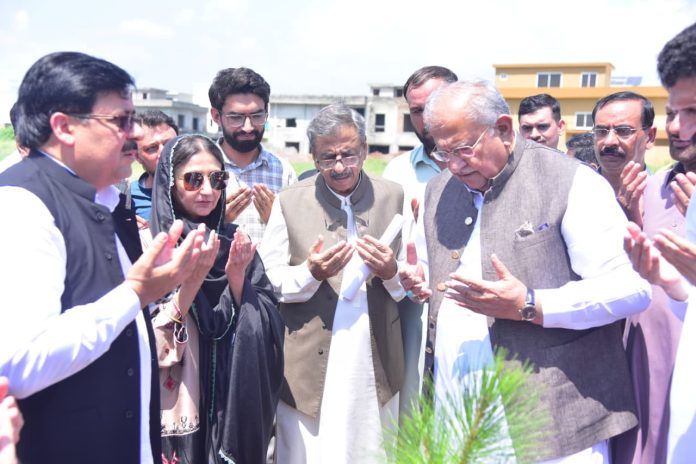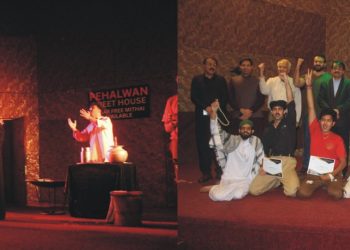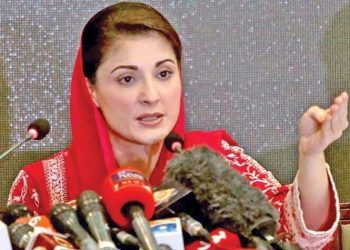Staff Reporter
ISLAMABAD, :Pakistan Housing Authority Foundation (PHAF), a subsidiary of the Ministry of Housing and Works, has launched a plantation drive titled “Aik Beti Aik Shajar” in collaboration with the Ministry of Climate Change and Environmental Coordination (MoCCEC) at its housing project located on Kurri Road, on Thursday.On this occasion, Federal Minister for Housing and Works, Mian Riaz Hussain Pirzada, chaired the ceremony, while Minister of State for Climate Change and Environmental Coordination, Dr. Shezra Ali Khan Kharal, formally inaugurated the drive by planting saplings.The plantation campaign was initiated on the special directions of the Prime Minister Shehbaz Sharif. For this housing project alone, MoCCEC has provided 600 saplings.While addressing the audience, Riaz Hussain Pirzada emphasized the importance of plantation in a country severely affected by climate change. He said that recent flash floods and natural calamities were the direct consequences of deforestation.He underscored that it was our national responsibility not only to plant trees but also to protect them, as protection was even more important than seeding.He commended the efforts of PHAF’s CEO Shahid Hussain and team for organizing this initiative and stressed that such drives must be replicated in all housing societies.e urged Pakistan Housing Authority and all other departments to integrate tree plantation drives into their regular activities, ensuring that every housing society prioritizes environmental sustainability.n her address, Dr. Shezra Mansab Ali Khan Kharal highlighted the significance of this timely campaign as trees play a crucial role in controlling and protecting the environment during disasters, maintaining water levels, and stabilizing the earth with their roots.Sharing her observations from recent visits to the flood-affected areas of Khyber Pakhtunkhwa, including Swat and Buner, she described the devastation as horrific. She explained that this drive has been named in the context of daughters and women, as they were the most vulnerable segment of society to the impacts of climate change.



















